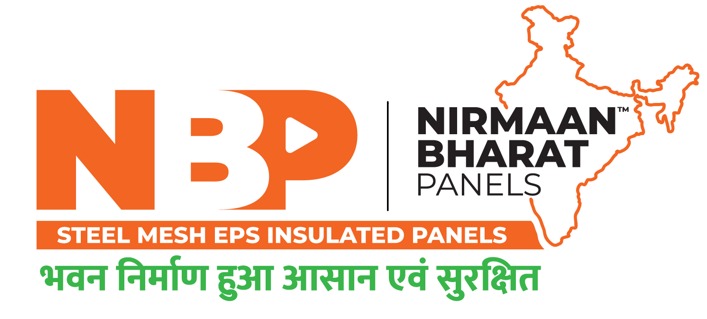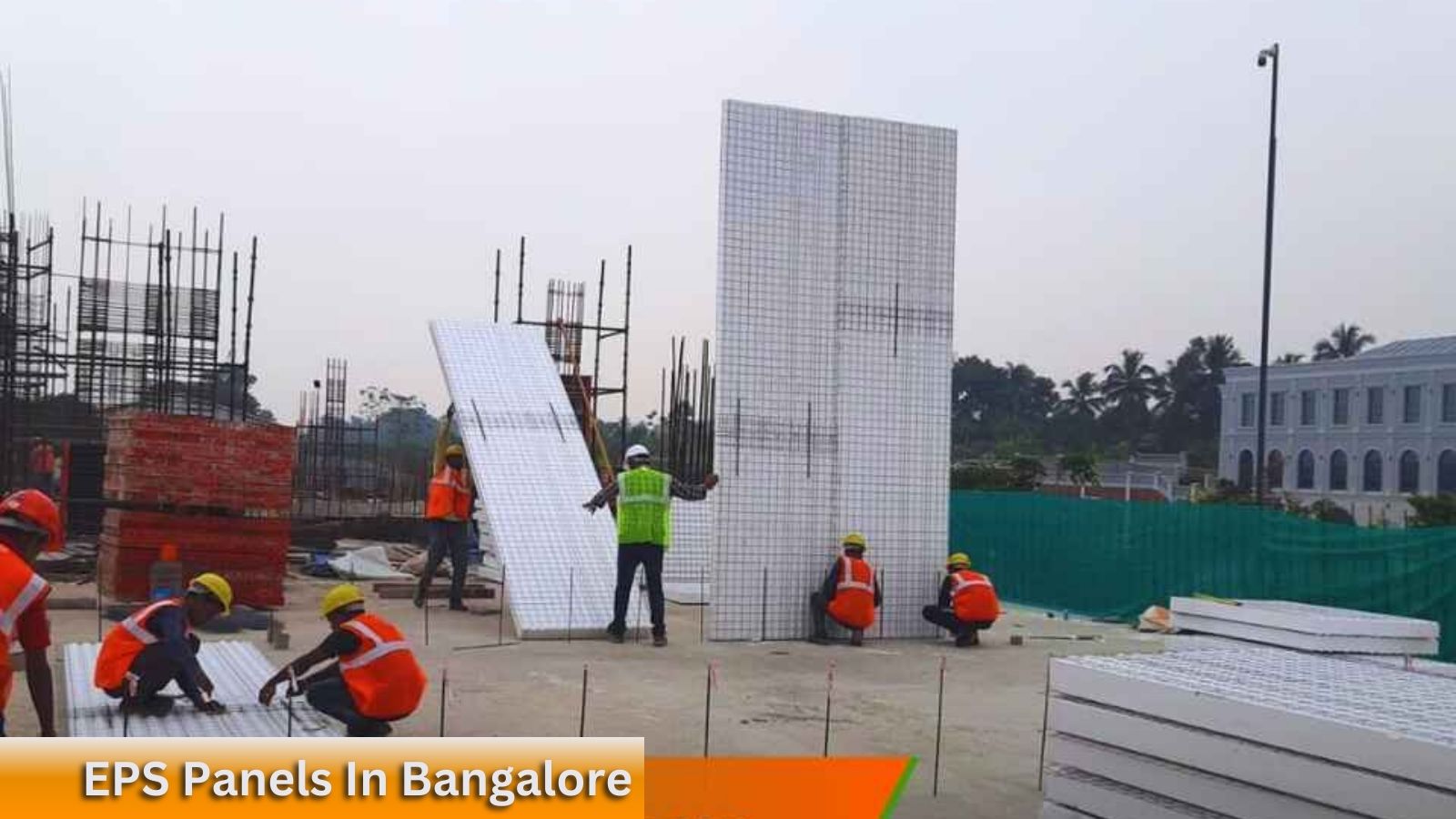The construction industry is always evolving, driven by the need for faster, more efficient, and environmentally sustainable building methods. Among the numerous innovations, expanded polystyrene (EPS) panels have surfaced as a vital innovation. In Bangalore, a city known for its rapid urbanization and tech-driven growth, EPS panels are increasingly being adopted. This blog explores the rise of EPS panels in Bangalore, their benefits, applications, and the future prospects of this technology in the construction sector.
Table of Contents
ToggleWhat are EPS Panels?
Expanded Polystyrene (EPS) panels are a lightweight construction material created by expanding and fusing polystyrene particles. These panels consist of a foam core sandwiched between two layers of galvanized steel or other materials. The core provides excellent thermal insulation, while the outer layers add structural strength and durability.
Key Features of EPS Panels:
- Thermal Insulation: EPS panels have exceptional thermal insulation properties, making them ideal for both hot and cold climates.
- Lightweight: Despite their strength, EPS panels are lightweight, reducing the load on the foundation and supporting structures.
- Sound Insulation: They provide good sound insulation, enhancing the acoustic comfort of buildings.
- Fire Resistance: Many EPS panels are treated to be fire-resistant, ensuring safety in case of fire hazards.
- Durability: EPS panels are resistant to moisture, pests, and other environmental factors, ensuring longevity.
The Construction Boom in Bangalore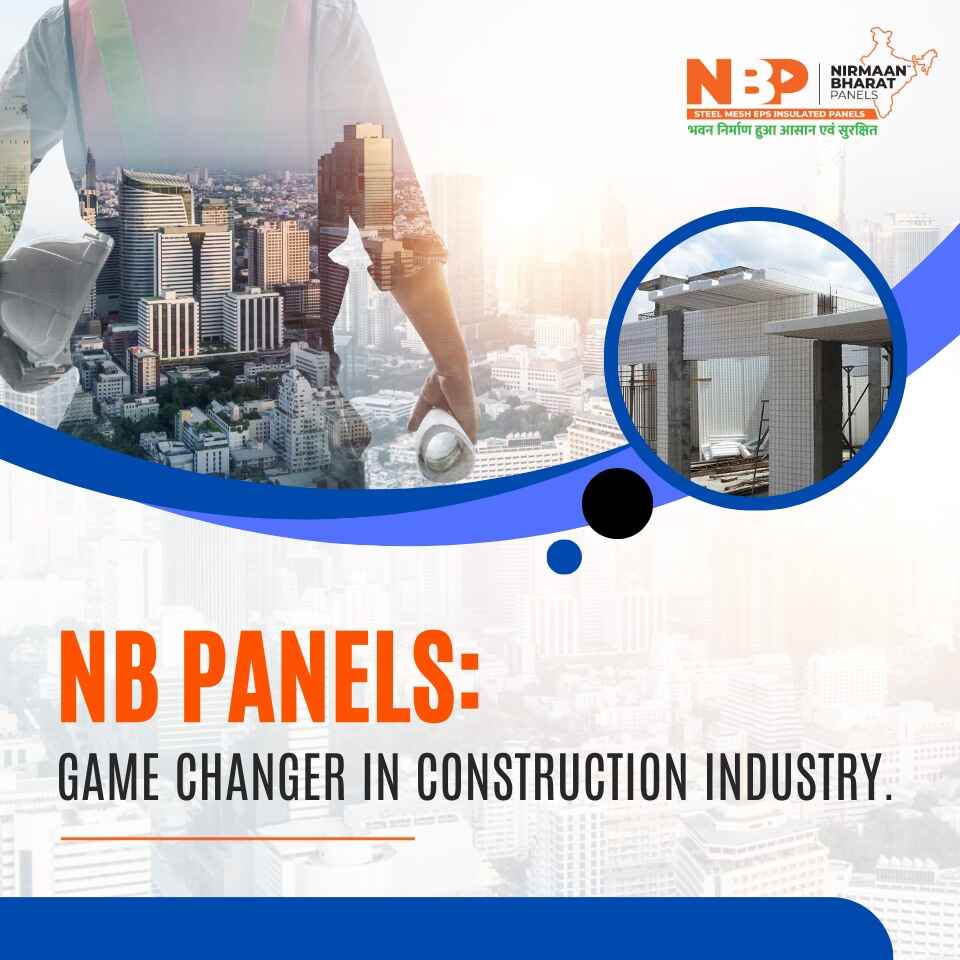
Over the last few decades, Bangalore—often referred to as India’s Silicon Valley—has undergone an unprecedented boom in the building sector. The city’s rapid growth as a technological and economic hub has spurred extensive residential, commercial, and infrastructure development, transforming its skyline with towering skyscrapers and sprawling residential complexes. However, this growth also brings challenges such as increased construction costs, longer project timelines, and environmental concerns. Additionally, the surge in construction activity has led to traffic congestion, strain on existing infrastructure, and a need for sustainable urban planning to balance development with environmental preservation.
Challenges in Traditional Construction:
- Cost Overruns: Traditional construction methods often face budget overruns due to various factors such as fluctuating material costs, increased labor expenses, and unexpected delays. Cost overruns can put a burden on financial resources and affect project viability.
- Time-Consuming: Conventional building techniques can be time-consuming, resulting in prolonged project timelines. The sequential nature of traditional construction processes, coupled with potential delays caused by weather conditions, supply chain disruptions, and labor shortages, often leads to extended completion times.
- Environmental Impact: Traditional construction generates significant waste and has a larger carbon footprint. The use of non-renewable materials, inefficient energy consumption, and substantial waste production contribute to environmental degradation. Additionally, the demolition of old structures to make way for new construction often results in further environmental harm.
- Resource Intensive: Traditional building methods demand a large amount of raw materials and labor. The extraction, transportation, and processing of raw materials deplete natural resources, while the reliance on manual labor increases the demand for skilled and unskilled workers. This intensive resource utilization can lead to higher costs and potential scarcity of essential materials.
The Rise of EPS Panels in Bangalore
EPS panels are emerging as a revolutionary solution to many of the challenges faced by the construction industry in Bangalore. These lightweight, durable panels, made from expanded polystyrene, are transforming the way buildings are constructed. Their adoption is being driven by the need for more efficient, cost-effective, and sustainable building methods. EPS panels significantly reduce construction time due to their ease of installation, allowing for faster project completion. They also provide great thermal insulation, which improves energy efficiency and lowers heating and cooling expenses for buildings. Additionally, EPS panels are more environmentally friendly, as they generate less construction waste and have a smaller carbon footprint compared to traditional building materials. The cost savings in materials and labor make them an attractive option for developers looking to stay within budget while meeting environmental standards. As Bangalore grows, EPS panels are expected to play an important part in the city’s sustainable urban development.
Advantages of EPS Panels in Construction:
- Cost Efficiency: EPS panels are cost-effective, reducing overall construction costs. Their lightweight nature reduces transportation costs and minimizes the need for heavy foundations.
- Speed of Construction: Buildings made with EPS panels can be erected much faster than those using traditional materials, significantly shortening project timelines.
- Energy Efficiency: EPS panels have high thermal insulation capabilities, which minimize the demand for heating and cooling, resulting in energy savings and lower utility expenses.
- Environmental Sustainability: EPS panels generate less construction waste and have a smaller environmental footprint compared to traditional materials. They are also recyclable.
- Versatility: EPS panels can be used in various applications, including residential buildings, commercial complexes, cold storage facilities, and temporary structures.
Notable Projects Using EPS Panels in Bangalore:
- Residential Developments: Several residential projects in Bangalore are now incorporating EPS panels for their cost and time benefits. These include both low-cost housing and high-end residential complexes.
- Commercial Buildings: Office buildings and commercial spaces are leveraging EPS panels to create energy-efficient and aesthetically pleasing structures.
- Educational Institutions: Schools and colleges are adopting EPS panels for quick construction of classrooms and administrative buildings.
- Industrial Applications: EPS panels are being used in warehouses, factories, and cold storage units for their insulation properties and durability.
EPS Panel Manufacturers and Suppliers in Bangalore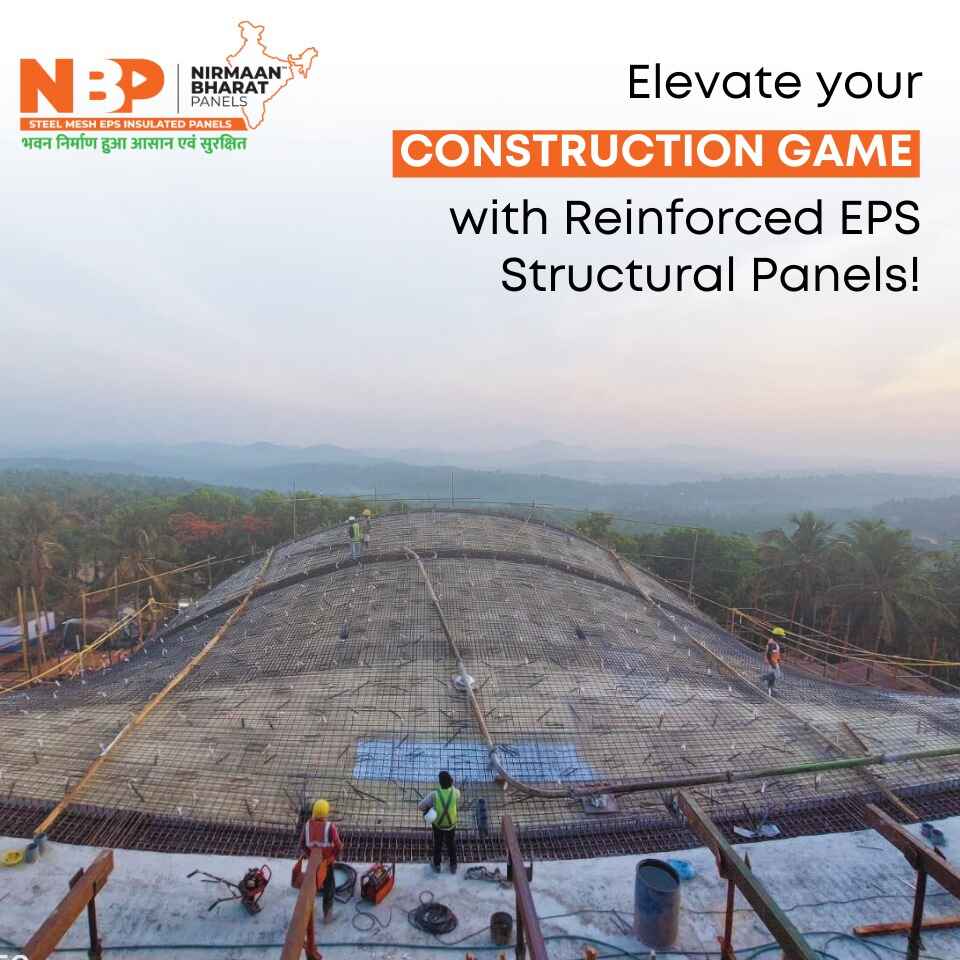
Nirmaan Bharat Panels (NBP) is a leading manufacturer and supplier of EPS panels in Bangalore, addressing the growing demand for innovative and sustainable construction materials. NBP specializes in producing high-quality EPS panels designed for a variety of applications, including reinforced structural panels, load-bearing panels, partition walls, facades, compound walls, structural slabs, roof panels, and more. NBP provides tailored solutions to fulfill certain project needs. Their products not only enhance construction speed and reduce costs but also contribute to energy efficiency and reduced carbon footprints, making them an ideal choice for modern building needs in Bangalore.
Leading EPS Panel Manufacturers and Suppliers of:
Reinforced EPS Structural Panels: Designed for superior strength and durability, these panels are ideal for structural applications in both residential and commercial buildings.
Load Bearing Panels: These panels support significant weight, making them suitable for constructing walls and floors that require high load-bearing capacity.
Partition Walls: Lightweight and easy to install, NBP’s partition wall panels are perfect for creating interior divisions quickly and efficiently.
Facades: NBP offers EPS panels that enhance the aesthetic appeal of buildings while providing thermal insulation and durability.
Compound Walls: These panels are used to construct sturdy and cost-effective compound walls, providing security and boundary definition for properties.
Structural Slabs: Ideal for floor and roof applications, these slabs offer excellent thermal insulation and structural integrity.
Roof Panels: NBP’s roof panels are designed to provide superior insulation and protection, ensuring energy efficiency and weather resistance.
Steel Mesh: Integrated with EPS panels, steel mesh provides additional reinforcement, enhancing the overall strength and stability of the construction.
Installation and Construction Process with EPS Panels
The process of constructing with EPS panels differs from traditional methods but offers significant advantages in terms of speed and efficiency.
Steps Involved in EPS Panel Construction:
- Design and Planning: Architects and engineers design the building layout, incorporating EPS panels into the structural framework.
- Foundation Preparation: A lightweight foundation is prepared, suitable for the reduced load of EPS panels.
- Panel Installation: EPS panels are transported to the site and installed according to the design specifications. The panels are joined using special adhesives and fasteners.
- Finishing: Once the panels are in place, finishing materials such as plaster, paint, or cladding are applied to enhance the aesthetic appeal.
- Utilities Integration: Electrical wiring, plumbing, and other utilities are integrated into the panel structure.
- Inspection and Quality Control: The completed structure undergoes thorough inspection and quality control checks to ensure compliance with building standards.
Future Prospects of EPS Panels in Bangalore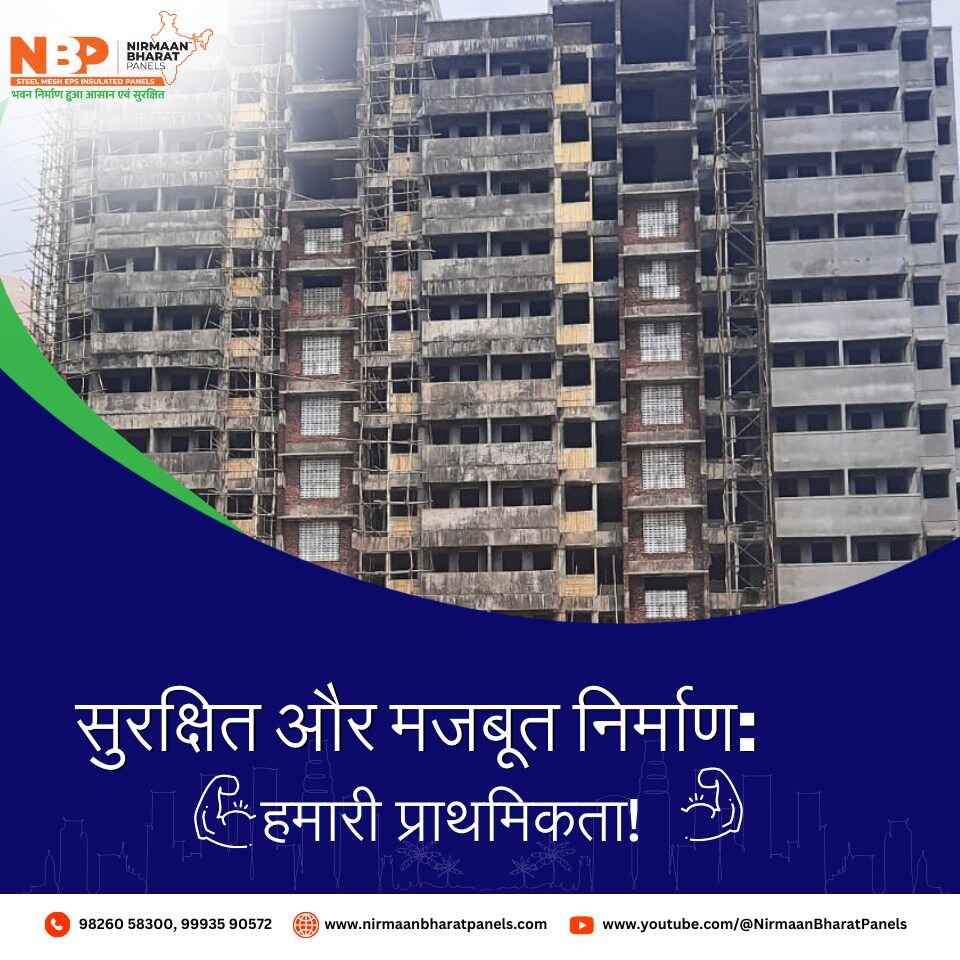
The future of EPS panels in Bangalore looks promising, driven by the continuous need for efficient and sustainable construction solutions. As technology advances and more builders and developers recognize the benefits of EPS panels, their adoption is expected to grow further.
Trends and Innovations:
- Smart Construction: Integration of smart technologies with EPS panels to create intelligent buildings with automated systems for energy management, security, and comfort.
- Green Building Certifications: Increasing emphasis on green building certifications like LEED and IGBC, where EPS panels contribute to achieving sustainability criteria.
- Hybrid Construction Methods: Combining EPS panels with other innovative materials and techniques to create hybrid construction methods that maximize efficiency and performance.
- Government Initiatives: Supportive government policies and incentives for sustainable building practices can further boost the adoption of EPS panels.
Cost of EPS Panels in Bangalore
The cost of EPS panels in Bangalore varies depending on several factors, including the type of panel, thickness, size, and any additional features such as integrated steel mesh for reinforcement. On average, EPS panels are considered a cost-effective alternative to traditional construction materials due to their lightweight nature, ease of installation, and energy efficiency. While the initial purchase price of EPS panels might be higher than some conventional materials, the overall cost savings are significant when considering reduced labor costs, shorter construction timelines, and lower long-term energy expenses. Additionally, the growing demand for sustainable building practices in Bangalore has led to competitive pricing among local manufacturers and suppliers, further making EPS panels an attractive option for a wide range of construction projects. For an estimate or to know the cost of EPS panels, please contact Nirmaan Bharat Panels (NBP panels).
Conclusion
EPS panels are revolutionizing the construction industry in Bangalore, offering a viable solution to the challenges of traditional building methods. Their cost efficiency, speed of construction, energy efficiency, and environmental sustainability make them an attractive choice for modern construction projects. As Bangalore continues to grow and evolve, the adoption of EPS panels is likely to play a crucial role in shaping the city’s architectural landscape.
By embracing this innovative technology, Bangalore can achieve its vision of sustainable urban development, creating buildings that are not only functional and aesthetically pleasing but also environmentally responsible. The future of construction in Bangalore is undoubtedly bright with EPS panels leading the way towards a more efficient and sustainable built environment.
FAQs Related to EPS Panels
Q1.Is EPS construction safe?
Ans: EPS construction is safe when installed properly and in compliance with building codes, but fire safety measures should be considered due to EPS panels’ flammability.
Q2.How long does EPS panels last?
Ans: EPS panels can last for decades when maintained properly, with a typical lifespan of 30 to 50 years depending on environmental factors and usage.
Q3.What are the benefits of using EPS panels?
Ans: EPS panels offer numerous benefits, including excellent thermal insulation, lightweight construction, ease of installation, cost-effectiveness, and environmental sustainability.
Q4.Are EPS panels suitable for residential as well as commercial construction projects?
Ans: Yes, EPS panels are suitable for both residential and commercial construction projects, offering versatility, energy efficiency, and cost-effectiveness for various building types and applications.
Q5.Where can I purchase EPS panels in Bangalore?
Ans: Nirmaan Bharat Panels (NBP panels) is recognized as one of the leading manufacturers and wholesale suppliers of EPS panels in Bangalore, renowned for their high-quality EPS panel products. Contact NBP panels for further queries and requirements.
